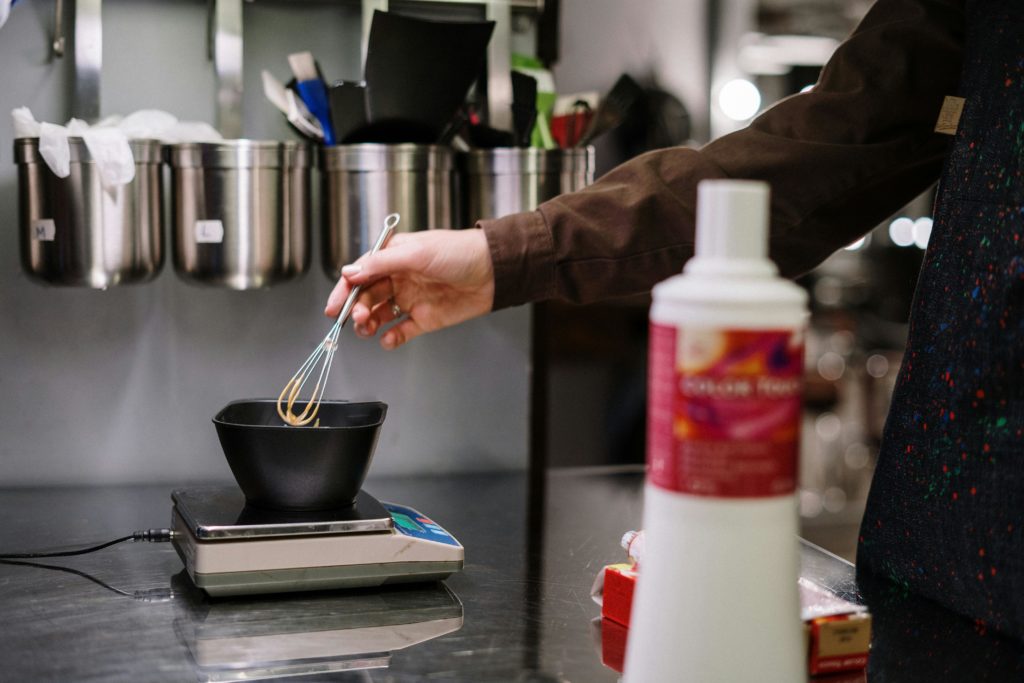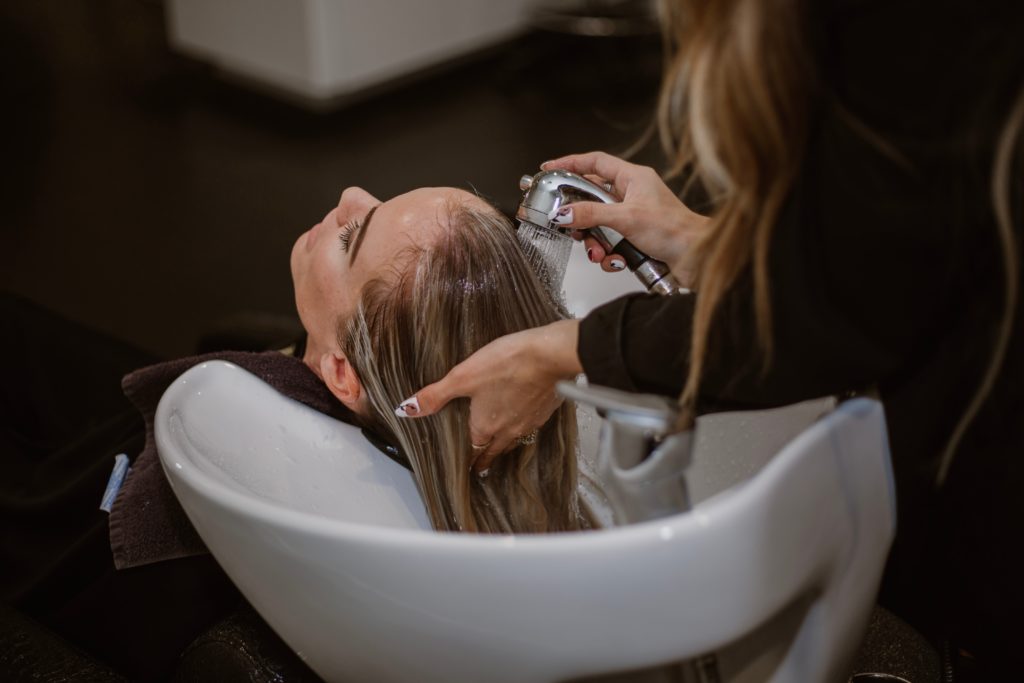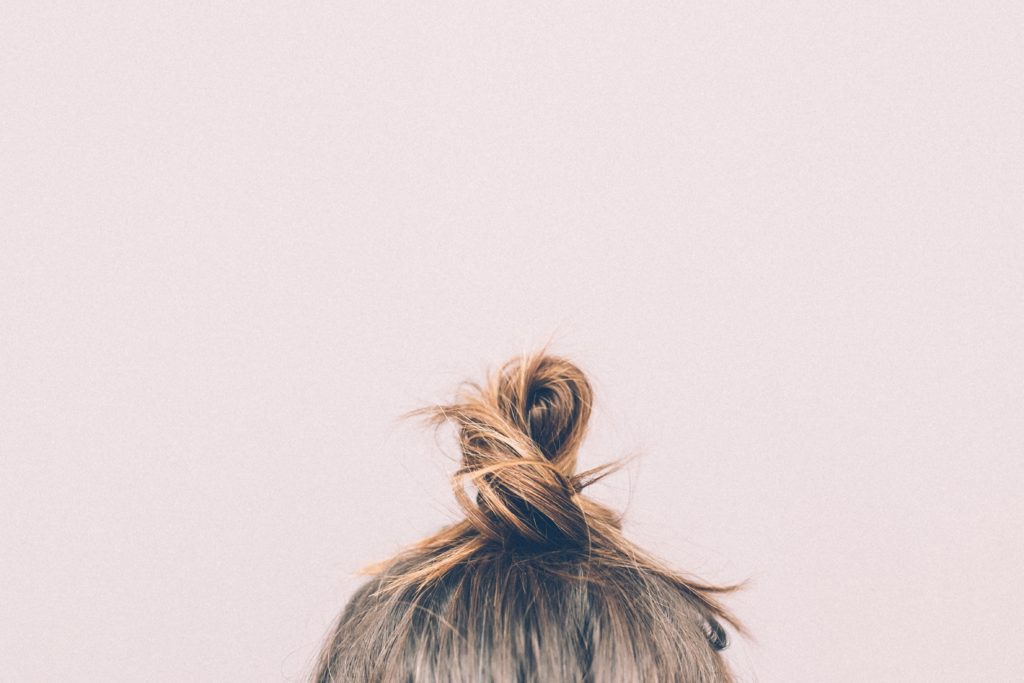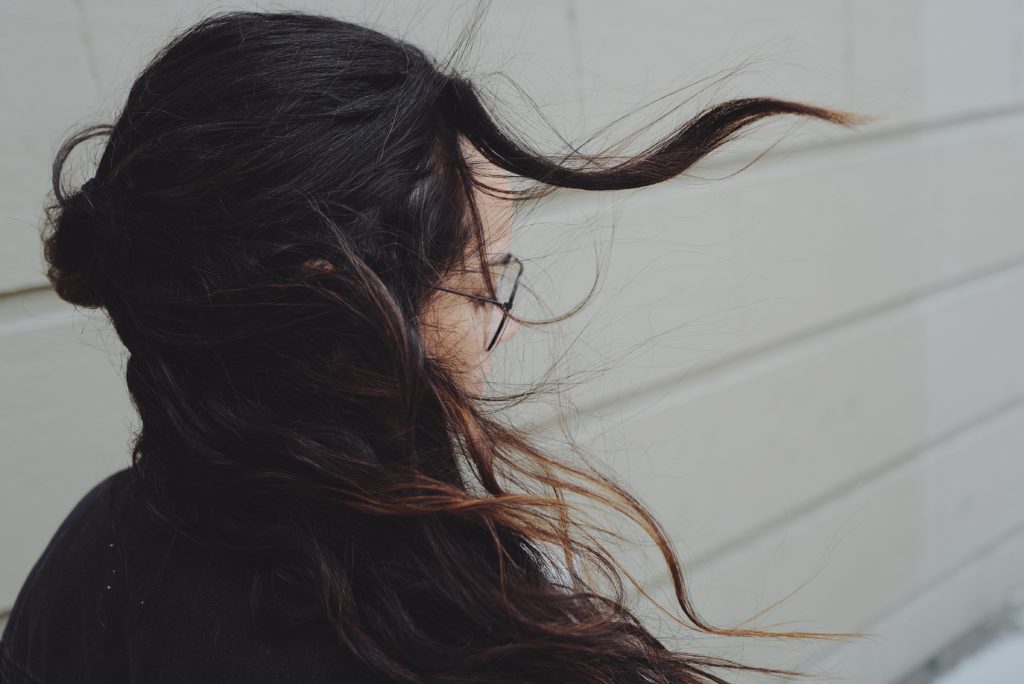In today’s world, where sustainability and wellness are at the forefront of consumer consciousness, many individuals are seeking natural alternatives to conventional beauty products. When it comes to hair dyeing, traditional chemical-laden products can often leave hair dry, damaged, and lacking in vibrancy.
Fortunately, nature provides us with a myriad of ingredients that can be used to create DIY natural hair dyes, offering a safe and effective way to color your hair without harmful side effects.
From henna to herbal infusions, these five DIY natural hair dye recipes harness the power of botanicals to enhance your hair’s natural beauty while nourishing it from root to tip.
1. Henna Hair Dye
Henna has been used for centuries as a natural hair dye, prized for its ability to impart rich, long-lasting color while strengthening and conditioning the hair.
To create a henna hair dye, mix henna powder with warm water to form a paste, then apply it to clean, dry hair. Leave the dye on for several hours or overnight, depending on the desired intensity, then rinse thoroughly.
2. Coffee Hair Dye
Coffee not only provides a morning pick-me-up but can also be used as a natural hair dye to add depth and richness to brown or black hair.
Brew a strong pot of coffee and allow it to cool, then pour it over clean, damp hair and leave it on for at least an hour. Rinse thoroughly and repeat as necessary to achieve the desired shade.
3. Beetroot Hair Dye
Beetroot is not just a nutritious vegetable but also a natural way to add a subtle red tint to your hair. To make beetroot hair dye, boil chopped beetroot in water for about 30 minutes, then strain the liquid and allow it to cool. Apply the beetroot infusion to clean, damp hair and leave it on for at least an hour before rinsing thoroughly.
4. Chamomile Hair Dye
Chamomile is known for its calming properties, but it can also be used to lighten and brighten blonde hair naturally. Steep chamomile flowers in boiling water for about 30 minutes, then strain the infusion and allow it to cool.
Apply the chamomile tea to clean, damp hair and leave it on for at least an hour before rinsing thoroughly. For best results, sit in the sun while the chamomile tea is in your hair to enhance its lightening effects.
5. Sage Hair Dye
Sage is a versatile herb that can be used to darken and deepen the color of brown or black hair naturally. Steep dried sage leaves in boiling water for about 30 minutes, then strain the infusion and allow it to cool.
Apply the sage tea to clean, damp hair and leave it on for at least an hour before rinsing thoroughly. Repeat the process as necessary to achieve the desired shade.
Conclusion
Embarking on a journey to color your hair can be both exciting and daunting, especially when faced with the plethora of chemical-laden options available on the market. However, by harnessing the power of nature and utilizing ingredients found in your own kitchen, you can create DIY natural hair dyes that not only provide vibrant, long-lasting color but also nourish and strengthen your hair from within.
FAQs
Q1: Will these DIY natural hair dyes work on all hair types?
Yes, these DIY natural hair dyes are generally suitable for all hair types. However, results may vary depending on your hair’s natural color and texture.
Q2: How long will the color from these natural hair dyes last?
The longevity of the color from these natural hair dyes depends on various factors, such as the ingredients used, your hair’s porosity, and how often you wash your hair. Generally, henna tends to provide the most long-lasting color, while other ingredients may require more frequent applications to maintain the desired shade.
Q3: Can I mix these natural hair dyes together to create custom colors?
Yes, you can experiment with mixing different natural hair dyes together to create custom colors that suit your preferences. However, it’s essential to perform a patch test before applying the mixture to your entire head to ensure compatibility and prevent adverse reactions.
Q4: Are there any potential side effects of using DIY natural hair dyes?
While these DIY natural hair dyes are generally safe to use, some individuals may experience allergic reactions or sensitivities to certain ingredients. It’s essential to perform a patch test before applying the dye to your entire head and to discontinue use if you experience any adverse reactions.
Q5: Can I use these natural hair dyes on chemically treated or damaged hair?
It’s generally safe to use these natural hair dyes on chemically treated or damaged hair, as they are free from harsh chemicals that can further compromise the hair’s integrity. However, it’s essential to assess the condition of your hair and consult with a professional stylist or dermatologist if you have any concerns.



